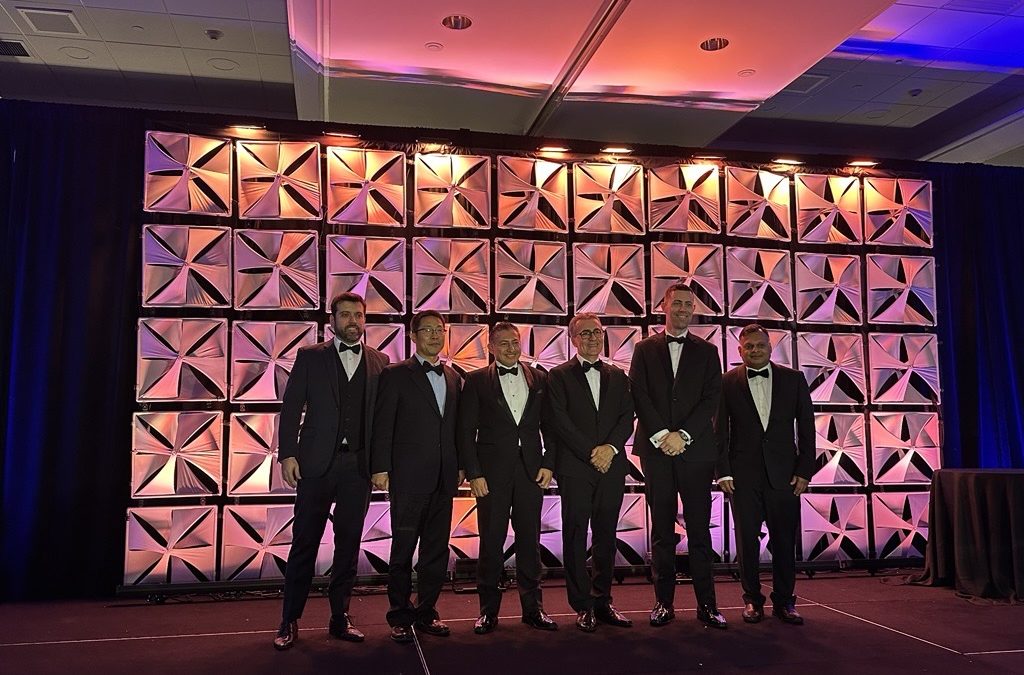As a part of market insights published in 2016 and 2017, Frost & Sullivan forecast the US and European Next-generation Sequencing (NGS) services markets, that is, solutions for the genomic sequencing and allied activities, to reach $1.2 BN by 2021, whereas the NGS informatics space—that is, products and services for computing, analyzing, interpreting, and storing NGS generated data— is expected to offer an opportunity of $1.5 BN. It had also predicted a number of movements around the industry’s competitive structure, regulatory progress, as well as technology transition. This articles looks into the manner in which the market has progressed across these key areas over the last year.
Market Evolution-Consolidation and cooperation are keys to maintain competitive edge: A key future expectation in the market was market consolidation as service providers aim to provide end-to-end NGS based solutions. Our research indicated that end customers are looking for solutions that can help them process and analyze genomic data across the NGS value chain as well integrate analysis/interpretation using multiple datasets for actionable use. Hence, service providers will need to collaborate, merge, or acquire firms to remain relevant. This expectation was held out to be true when, in May 2018 1 , Illumina, the leading NGS instrument manufacturer as well as solution provider, acquired Edico Genome, a leading provider of data analysis acceleration solutions. Edico Genome’s DRAGEN ® Bio-IT Platform (DRAGEN) uses field programmable gate array (FPGA) technology along with in-house software algorithms to help reduce data footprint and processing cycle time. As the DRAGEN platform complements Illumina’s current product and solutions portfolio, this step is expected to help Illumina’s goal to standardize, and automated the genomic data acquisition and analysis process, thereby helping customer reduce infrastructure costs while improving interpretation and reporting.
Regulatory Progress-Conducive regulatory and reimbursement scenario to drive growth: The regulatory environment was initially not conducive for NGS applications. For example, despite personalized/precision medicine being favorably viewed by payers, ambiguities around clinical utility and actual health outcome were an impediment for coverage and reimbursement of NGS-based diagnostic tests for precision care. The Centers for Medicare & Medicaid Services (CMS) had initially not adopted a coding and reimbursement structure, with NGS in clinical practice being treated as experimental, hence, not routinely reimbursed.
However, we had predicted that the regulatory/reimbursement scenario shall evolve to bring NGS-based tests into its fold—an expectation that came true when in February 2018 CMS announced 2 the finalization of a National Coverage Determination (NCD) defining the coverage available for laboratory based diagnostic tests that used NGS for patients suffering from advanced cancers such as recurrent, metastatic, relapsed, refractory, or stages III or IV cancers. The decision was based on the belief that such tests when used as companion diagnostics for certain FDA-approved treatments shall assist oncologists make informed treatment decisions and help refer patients to certain oncology clinical trials in case relevant treatment was not available.
Technology Transition- Whole-genome sequencing-based clinical application and AI powered tools fostering innovation: Our industry analysis had indicated that NGS will become a key element in the application of personalized/precision medicine technologies in the near future—focused on the diagnosis of molecular features of diseases, such as oncology and heredity disorders, along with biological and clinical features of the disease. We expected to see interaction between pharmaceutical and biopharma companies, diagnostic labs, research institutions, and governmental organizations working on precision medicine initiatives to offer customized solutions for clinical interpretation. This trend was validated when in late 2017 UK’s NHS shared a plan to start using whole-genome sequencing (WGS) for diagnostics—highlighting the efficacy of WGS for clinical diagnostics against traditional targeted sequencing—for rare diseases and cancers such as acute myeloid leukemia, acute lymphocytic leukemia, and pediatric cancers. 3, 4
In May 2018, QIAGEN announced a partnership with Freenome, an artificial intelligence (AI) based genomics solution provider, aimed at accelerating development and commercialization of NGS-based tests for precision cancer treatment. Freenome’s AI-based genomics solution helps in the analysis and tracking of genomic, proteomic, and epigenetic changes. Such a solution is complementary to QIAGEN’s bioinformatics platforms, as well as its GeneReader NGS System, allowing the two companies to offer predictive molecular diagnostic tests for immuno-oncology therapies.
Conclusion: As we look into our analysis of key market developments, we can confidently comment that the market is moving as per our forecast trajectory highlighted by recent market developments. In conclusion, we reiterate some of our key predictions for the NGS industry:
- Multiple mergers, acquisitions, and collaborations are expected as the market matures, driven by customers’ need for end-to-end service across the NGS value chain. Solution providers will aim to consolidate the regional fragmented market and expand capabilities in applied segments.
- Expansion of large-scale genome sequencing projects focusing on areas such as oncology and rare diseases is likely. Chronic diseases are also likely to receive attention.
- Use of digital enablers such as Big Data analytics and AI-based approaches for NGS will drive the inclusion of multiple discrete data sets for rapid and comprehensive real-world analysis and application.
- As end users gain better understanding of their interpretation requirements, vendors will need to provide customized industry/technology/disease-specific solutions. Multiomics is likely to expand to informatics for better insights and solutions in areas such as precision medicine.
[[1] https://www.illumina.com/company/news-center/press-releases/2018/2349147.html
[2] https://www.cms.gov/Newsroom/MediaReleaseDatabase/Press-releases/2018-Press-releases-items/2018-03-16.html
[3] https://www.genomeweb.com/sequencing/uks-nhs-prepares-transition-diagnostic-genome-sequencing-rare-diseases-some-cancers
[4] https://www.genomeweb.com/molecular-diagnostics/100k-genomes-project-returns-patient-reports-nhs-prepares-commission-wgs
[5] https://corporate.qiagen.com/newsroom/press-releases/2018/20180531_asco_freenome?sc_lang=fr-FR]





